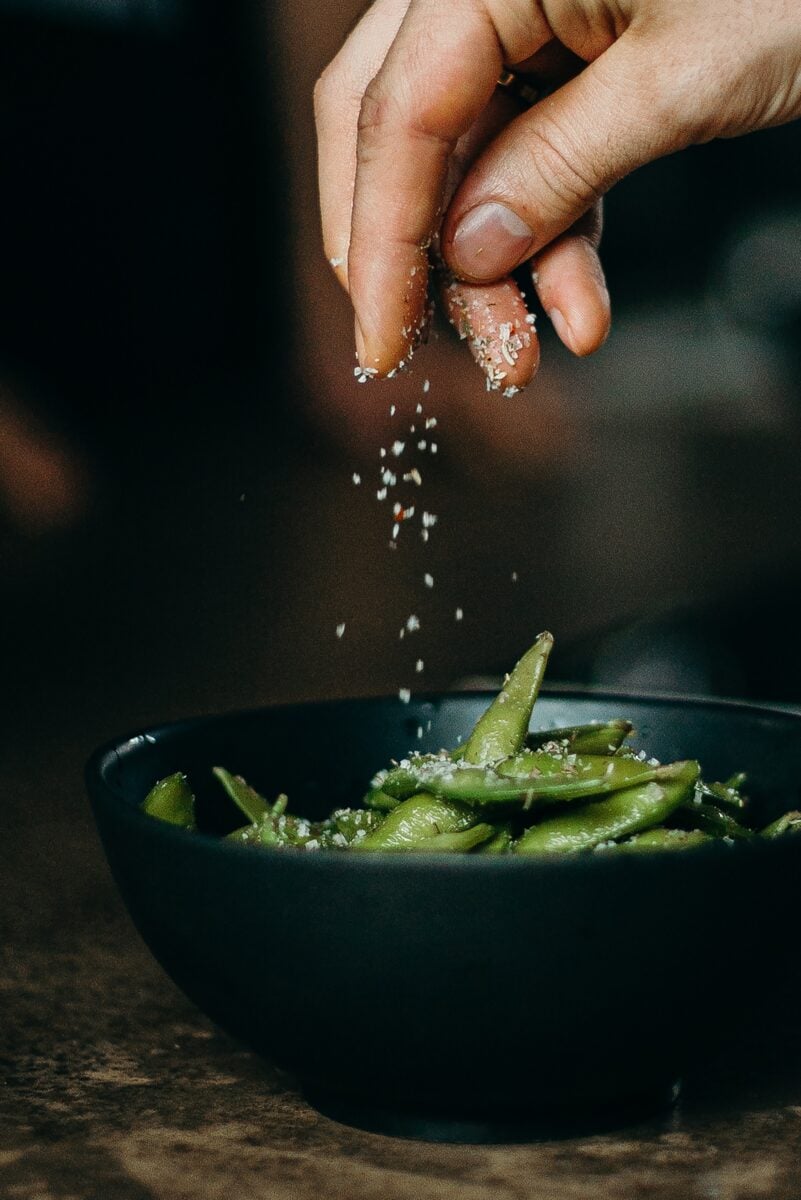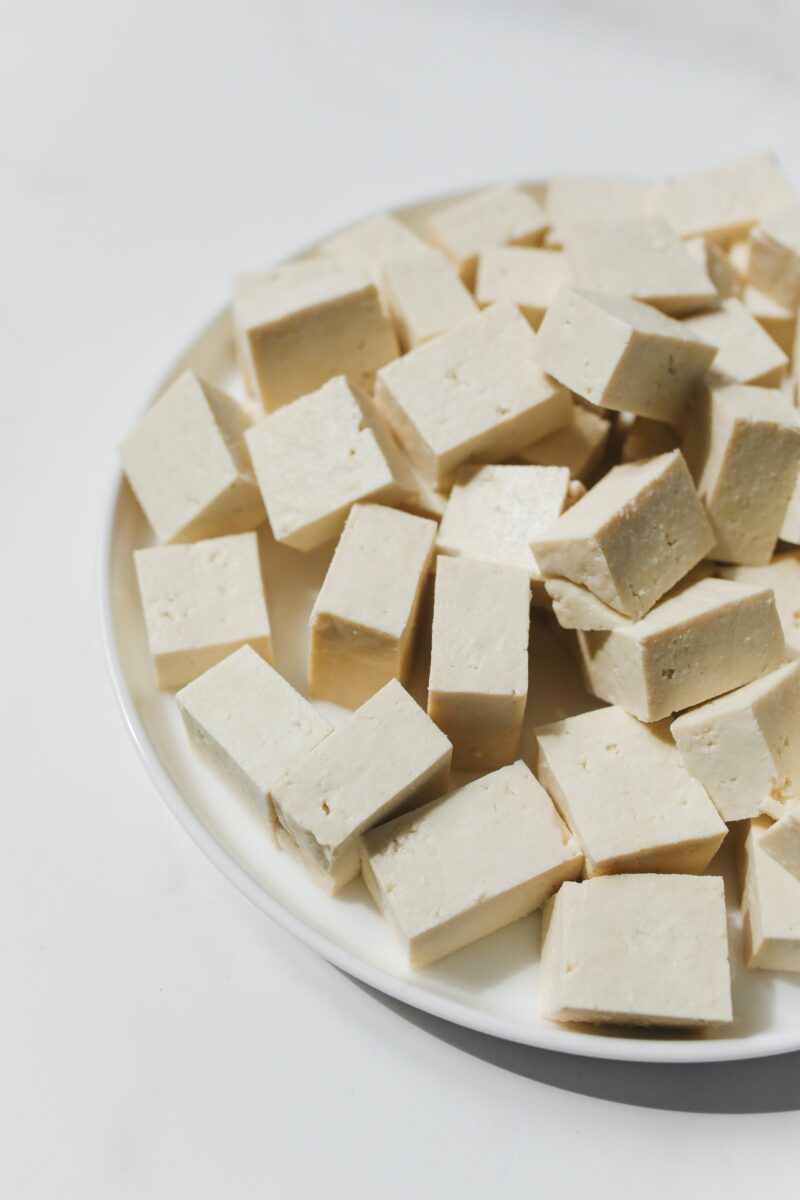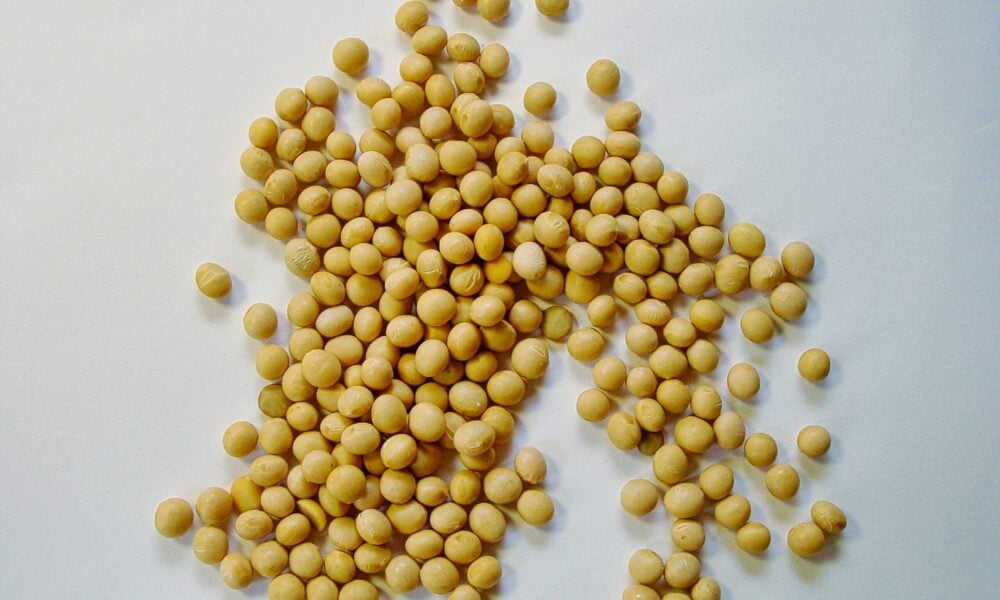Soya (soy) is classed as one of the 14 main food allergens under government food legislation. Therefore, businesses must clearly state soy as an allergen on all food and drinks ingredient labels for sale within the UK.
According to AllergyUK, it is found in 60% of manufactured foods. Soy comes from soybeans, which can be consumed as beans, soy sauce, soybean oil, or soy flour, which is widely used in baked foods like bread and biscuits. Edamame, which is also often consumed, is the name for immature soybeans. Per YorkTest, it is estimated that 1 in 300 individuals in the UK are allergic to soy and upwards of 45% of individuals could be sensitive to soy.
The level of avoidance of soy differs for each individual allergic. Some people may be able to consume some types of soy, such as soy sauce, as many contain only a minimal amount of soy in the product; while others may need to avoid all foodstuffs which contain soy or soy-derivatives.

Soy Allergy Symptoms
Soy allergy symptoms vary significantly; they could be mild, but they may be life-threatening. They include:
- Rashes and itchiness
- Sneezing
- Swelling
- Difficulty breathing and shortness of breath
- Stomach pain and/or diarrhoea
- Nausea and/or vomiting
- Anaphylaxis, which can be fatal (symptoms include: difficulty breathing or speaking, dizziness, or a swelling tongue)
Anaphylaxis is a less common symptom; however, it is more severe, and may require epinephrine and medical care. Anaphylaxis may start with mild symptoms before steadily worsening, and if suffering from an anaphylactic attack then an ambulance should immediately be contacted.
Soy Allergy: the foods to avoid
Those with soy allergies should avoid certain products, and food businesses are required by UK and EU food laws to label soya if it is included in the product. Below is a list of some ingredients containing soy:
- Soy products: soy flour, soy protein, soya yoghurt, soya-based cheese, soybeans, soy nuts, soymilk, soybean oil, and soy sauce
- Tofu
- Vegetable broth
- Vegetarian burgers, sausage rolls, and many other meat substitutes
- Miso
- Gluten-free bread (which comes in lots of varieties)

Soy Lecithin Allergy
Lecithin is a food additive used as an emulsifier to improve shelf-life and texture, and also used as a separator (for example, between cocoa and cocoa butter in chocolate). Soy lecithin contains only small amounts of soy protein, and thus is tolerable for most that are allergic to soya.
LiberEat - Allergen Error Detection Software
Food allergen rules and regulations continue to change and evolve. Food businesses in production, hospitality, catering, and retail must be vigilant when working with ingredients, products, and dishes containing allergens and exercise due diligence when providing ingredient and allergen information to consumers. Successful allergen management is a big part of Food Safety professionals creating a culture of care and excellence within their teams.
LiberEat offers a second line of defence for food businesses by detecting errors, allergens, and other harmful ingredients with our proprietary Allergen Detection Software. Food businesses can apply this technology directly to identify errors in allergen communications, preventing the risk of injury to consumers. Contact us today to learn more about how we can support your existing food safety processes.
LiberEat works closely with food businesses to ensure consumers are safe and healthy when consuming your produce.

